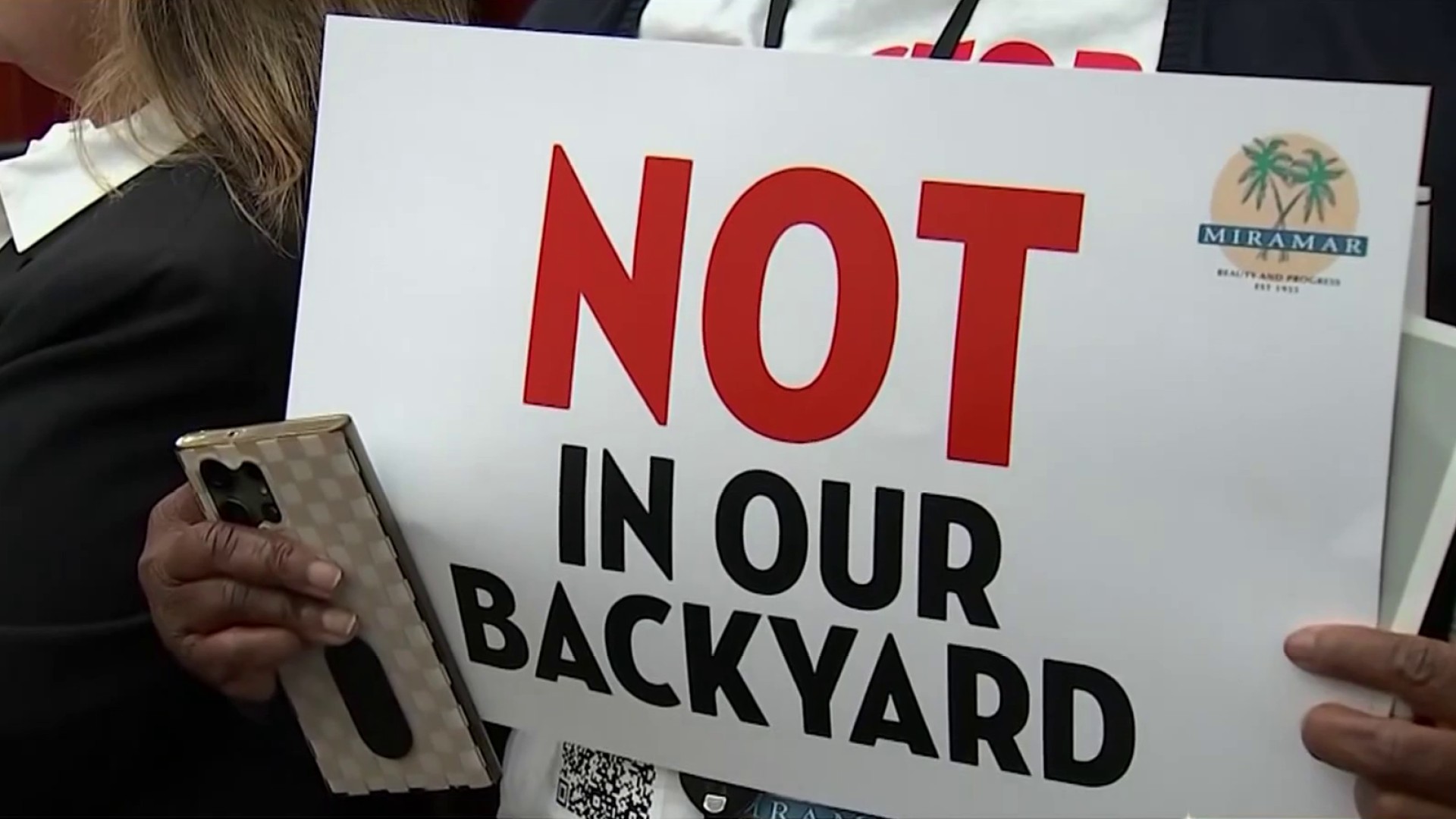Moving away from her earlier position, Justice Sonia Sotomayor said Monday that she no longer thinks allowing video cameras at the Supreme Court is a good idea.
Though Sotomayor said during her Senate confirmation that she would try to soften other justices' opposition to cameras, she now things it would lead to grandstanding that would fundamentally change the nature of the high court.
"I think the temptation to grandstand in front of a camera is so huge," she said, taking a question from an audience member at an appearance in West Palm Beach. She said it could change not only the behavior of lawyers appearing at the Supreme Court, but the justices themselves, who might succumb to "this temptation to use it as a stage rather than a courtroom."
"I am moving more closely to saying I think it might be a bad idea," she said.
Sotomayor's comments came on the same day Justice Elena Kagan, in a speech in Chicago, said she was "conflicted" over the camera issue but wary of anything ``that may upset the dynamic of the institution.''
In her response to another question at the sold-out gathering of the Forum Club of the Palm Beaches and the Palm Beach County Bar Association, Sotomayor suggested that judicial activism was a myth.
"I think most judges have a definition of judicial activism: It's a ruling you don't like," she said to laughter and applause.
Local
She urged the audience to read judge's written decisions rather than just digesting what others are saying about them.
"What you will find out is that both sides always base it on a legal analysis. We don't come to our conclusions willy-nilly or arbitrarily," she said. "There won't be any decision you read where you will think that a judge is an activist."
Sotomayor left the lectern and spent the entirety of her talk wandering the expansive convention center room, touching on lighter subjects, too. She said her colleagues on the court laugh frequently behind closed doors, including when Justice Antonin Scalia breaks into song. She heaped praise on Billy Joel, beside whom she was seated when he recently collected The Library of Congress' Gershwin Prize. She said she knew she was far different from the other justices, not just in her upbringing in Bronx projects, but in everything from her disposition ("a bulldog," she said Scalia called her) to her taste in arts (she prefers dance and jazz, her colleagues all enjoy opera).
The only question she refused to answer was whether her beloved hometown team, the Yankees, should keep Alex Rodriguez.



